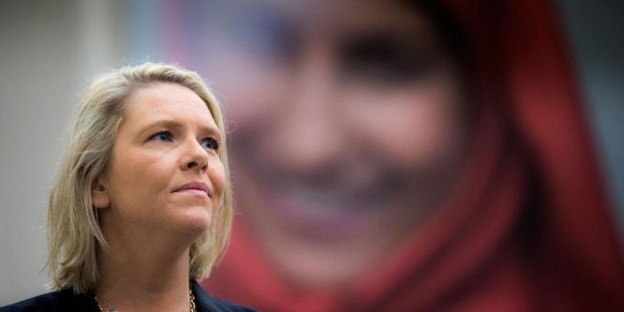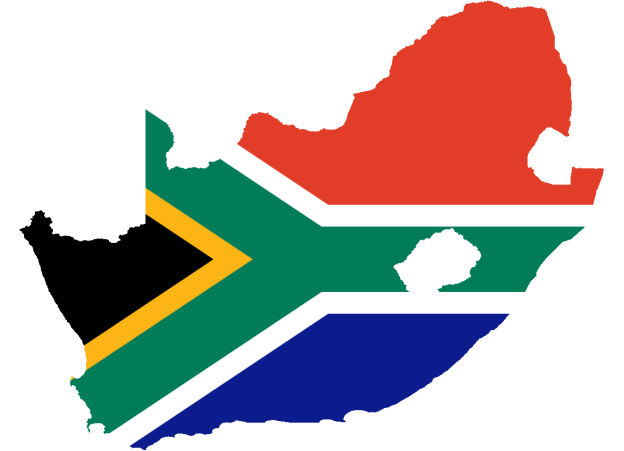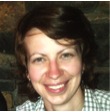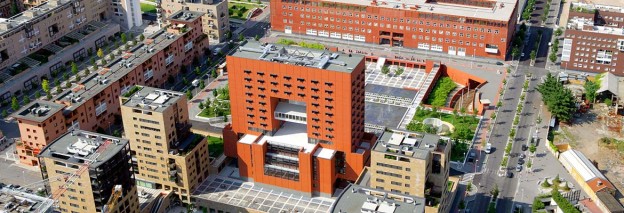Bilde: klartale.no
Lista til Listhaug- hva betyr den egentlig?
Som svar på økninga i asylankomster presenterte innvandrings- og integreringsminister Sylvi Listhaug (FrP) i romjula en liste med forslag som skal bidra til å stramme inn asylpolitikken i Norge. IMER Bergen og CMI inviterer til debattmøte om innstramningsforslagenes praktiske konsekvenser.
Hvis lista over forslag blir gjennomført vil den gjøre Norge til et av de strengeste landene i Europa når det gjelder asyl. Forslagene inkluder innstramning i reglene om familiegjenforening, økt bruk av midlertidig opphold, krav til selvforsørgelse og krav å bestå prøver i norsk og samfunnsfag for å få permanent opphold.
For mange kan forslagene til tiltak virke abstrakte. Hva betyr egentlig innstramningsforslagene i praksis?
IMER Bergen og Christian Michelsens Institutt inviterer til et åpent arrangement der fire eksperter gir innsikt i innstramningsforslagenes praktiske konsekvenser. Du kan melde din interesse eller spre ordet på vårt facebook-event.
Terje Einarsen (UiB): Professor i jus, ekspert på asylrett
Helga Eggebø (KUN): Doktorgrad på tema familiegjenforening
Anita Rathore (OMOD): Nestleder i Organisasjonen Mot Offentlig Diskriminering
Cecilie Hamnes Carlsen (VOX): Ekspert på norsk- og samfunnsfagstester
Marry-Anne Karlsen (IMER Bergen) leder møtet
Tid og sted: Litteraturhuset i Bergen, Østre skostredet 5, 16. februar klokka 19:30
Seminaret er åpent for alle og gratis
Velkommen!




